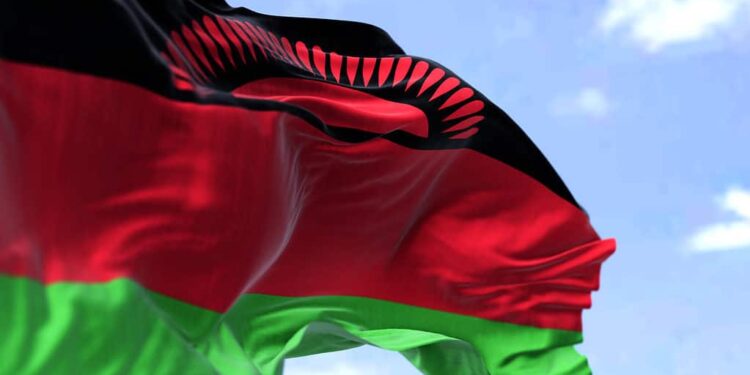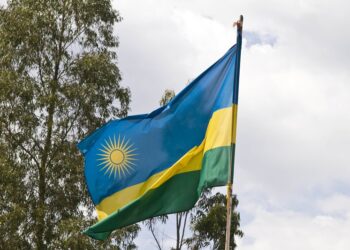Malawi’s President Peter Mutharika has announced an immediate ban on the export of raw minerals, declaring that no unprocessed resources will leave the country – a sweeping move aimed at capturing up to $500 million annually through domestic beneficiation.
Speaking at Sanjika Palace in Blantyre during the swearing-in of new cabinet members, Mutharika said the country must stop exporting opportunity and start building industries.
“I will not allow exportation of raw materials from our mines,” he said. “Raw materials have to be processed here.”
The ban targets key mining sites including rutile deposits at Kasiya in Lilongwe and rare earths at Kangankunde in Balaka, which government officials say could generate hundreds of millions of dollars annually if processed locally.
Malawi possesses significant mineral resources, including uranium, bauxite, and graphite, alongside other deposits of rare earth elements, coal and gemstones like rubies and sapphires.
Mutharika, who returned to power following his election victory last month, framed the policy as a cornerstone of economic nationalism.
“Let us focus on results, not rhetoric,” he told newly appointed officials, urging them to serve with integrity and resist self-interest.
But while the announcement has sparked patriotic applause, analysts warn the move could backfire if not backed by robust enforcement and infrastructure.
Across Africa, similar bans have triggered unintended consequences.
In 2023, Zimbabwe’s ban on raw lithium exports led to rampant smuggling across the Mozambique border, with truckloads of ore intercepted on back roads.
Tanzania faced a similar crisis in 2017 when its gold export ban pushed miners into illegal markets, draining government revenues and inflating enforcement costs.



























































